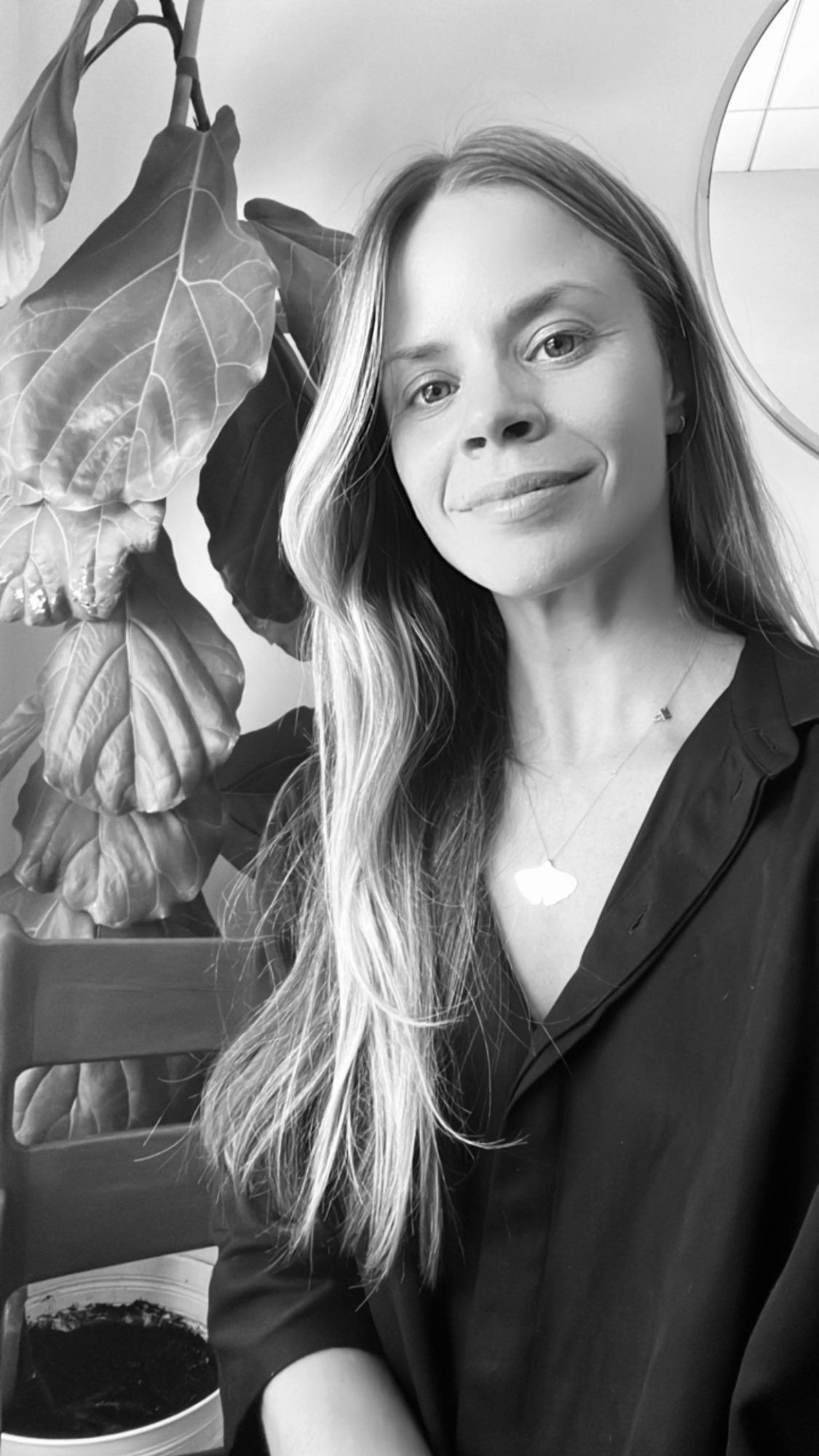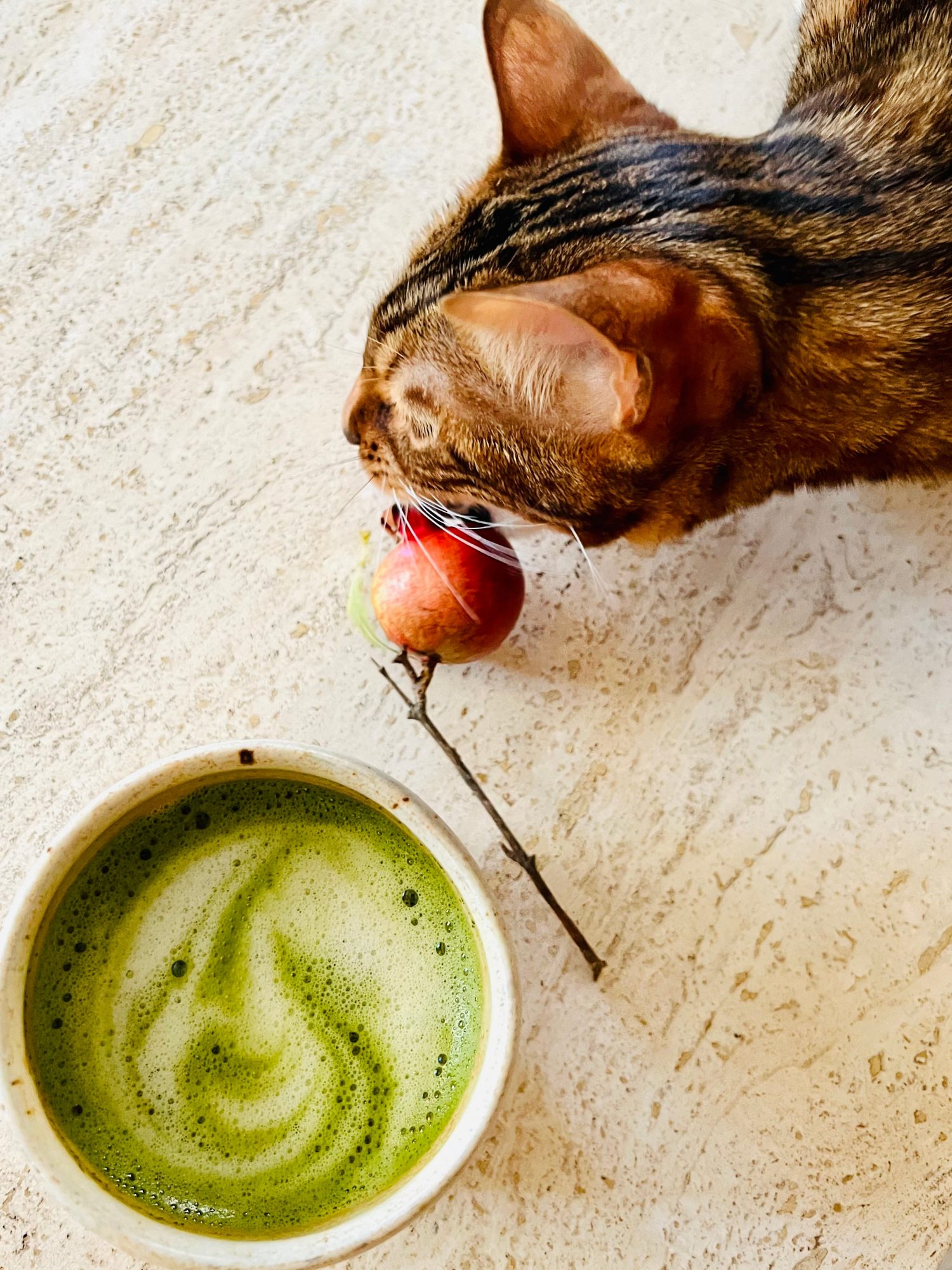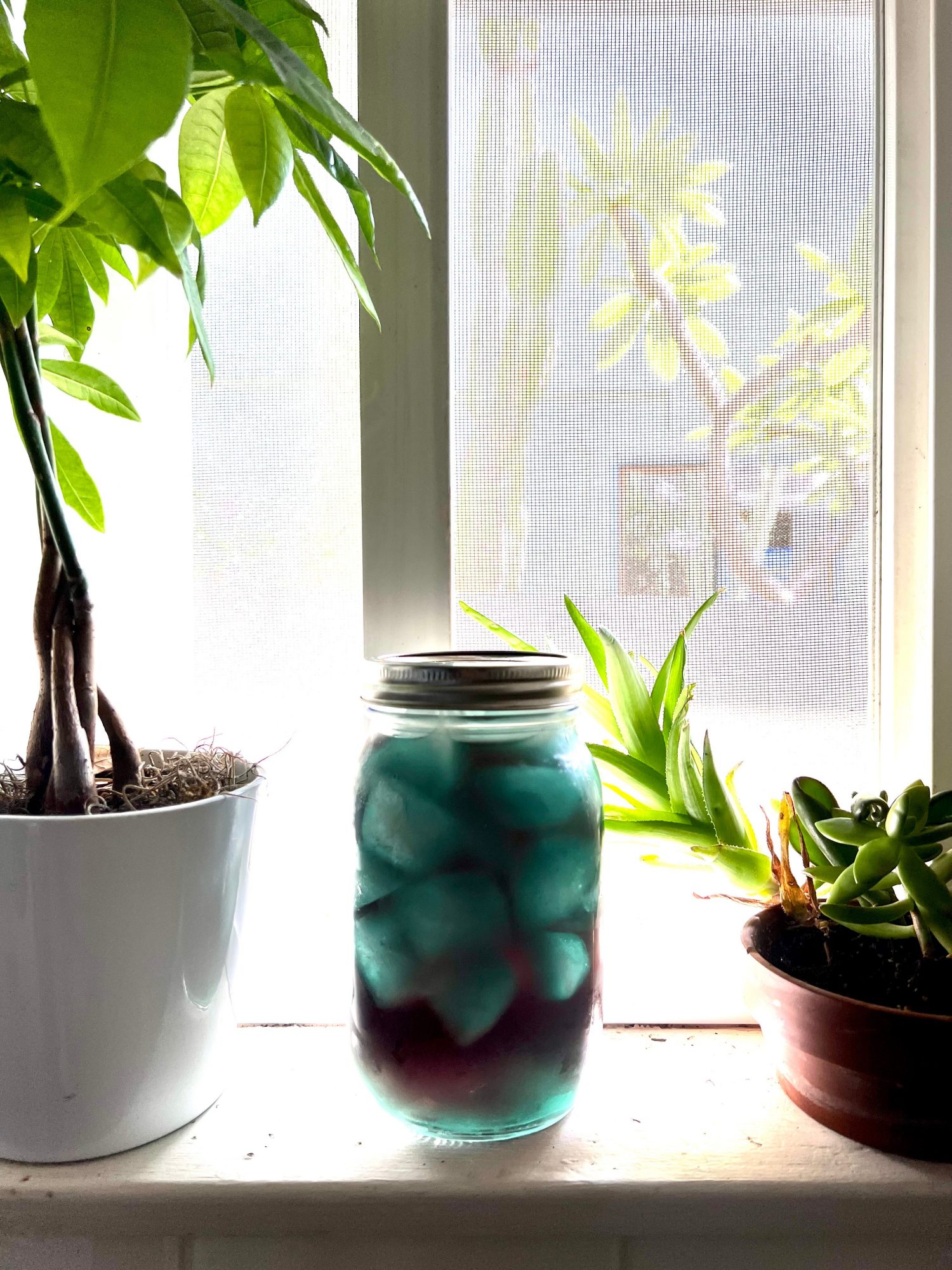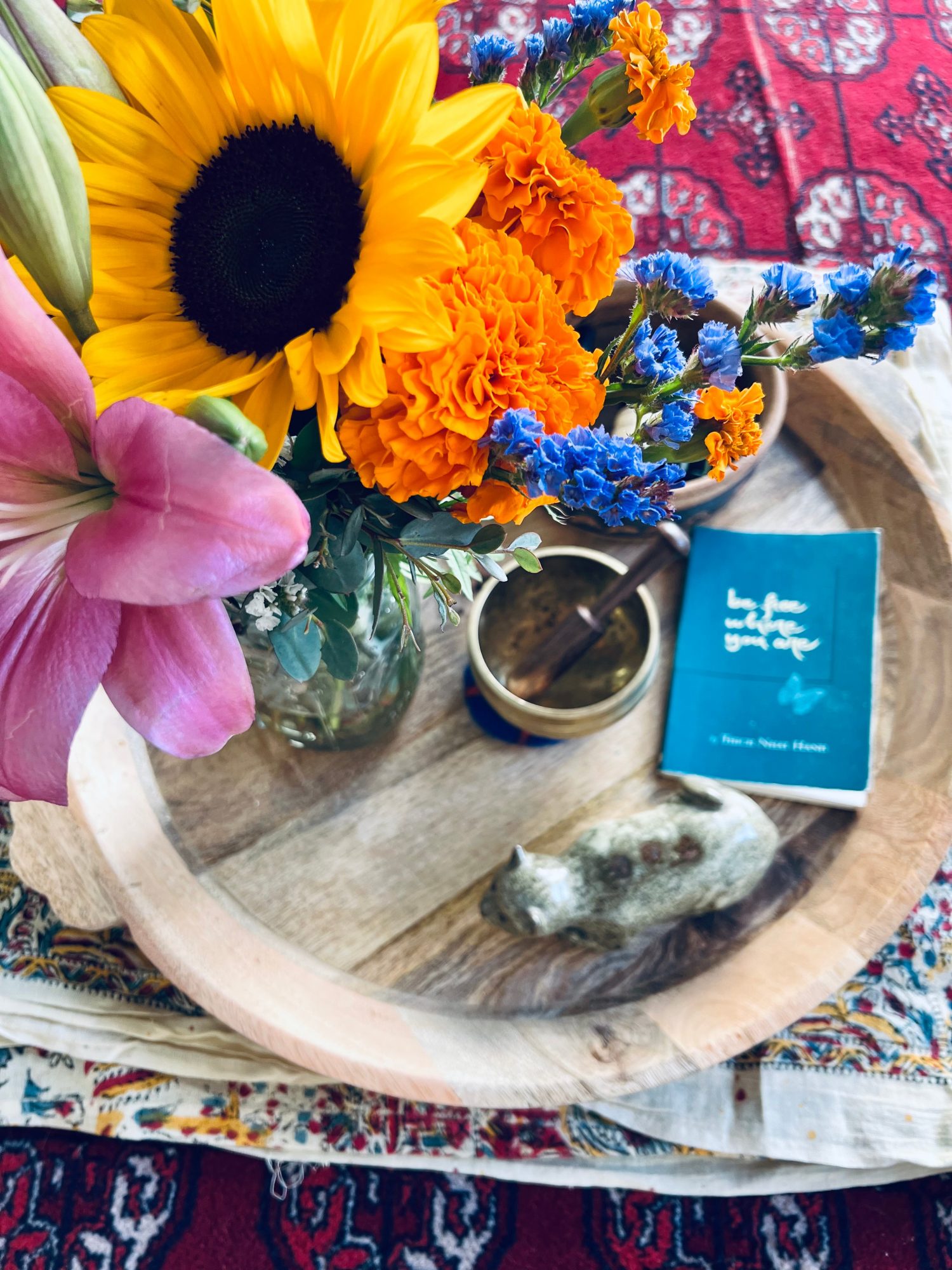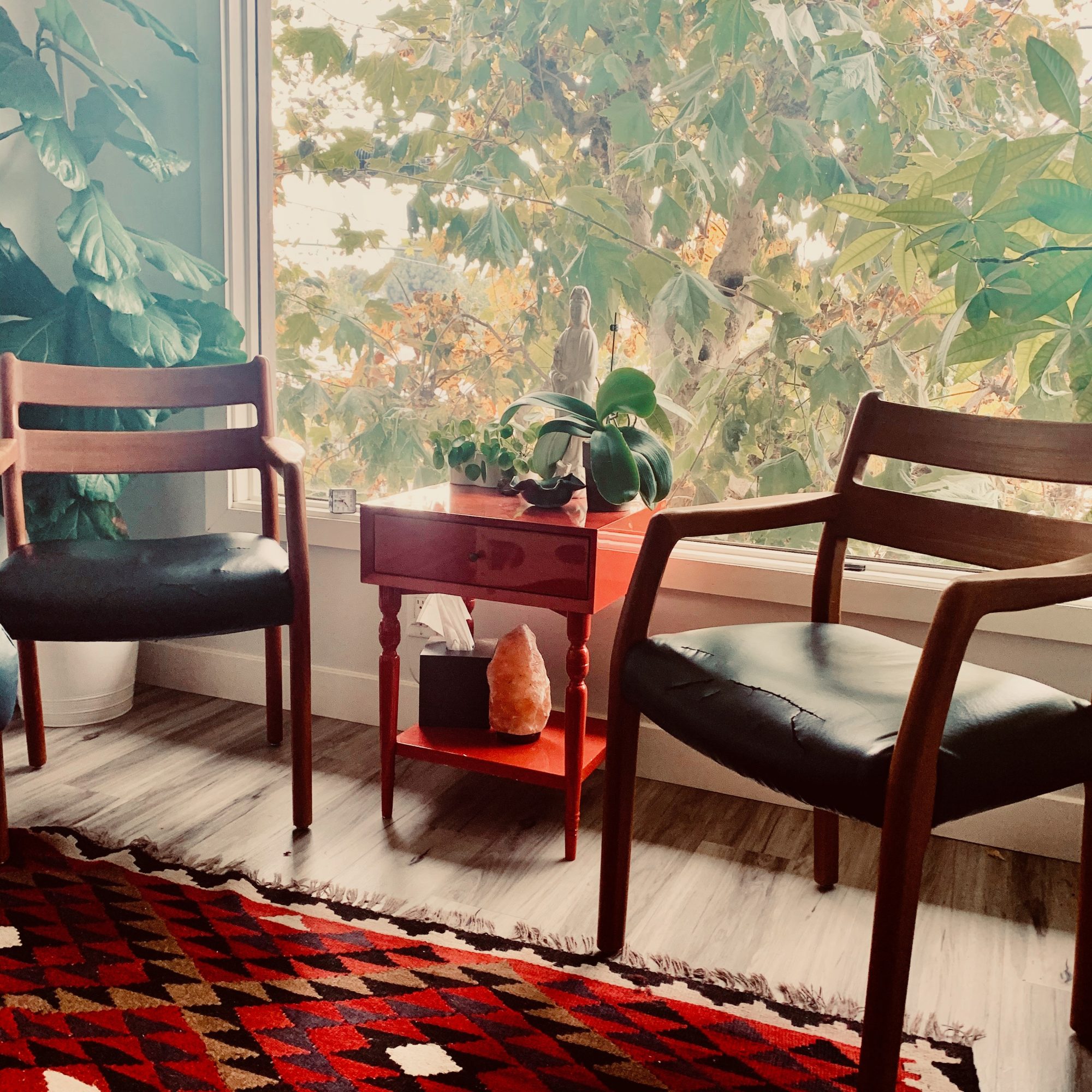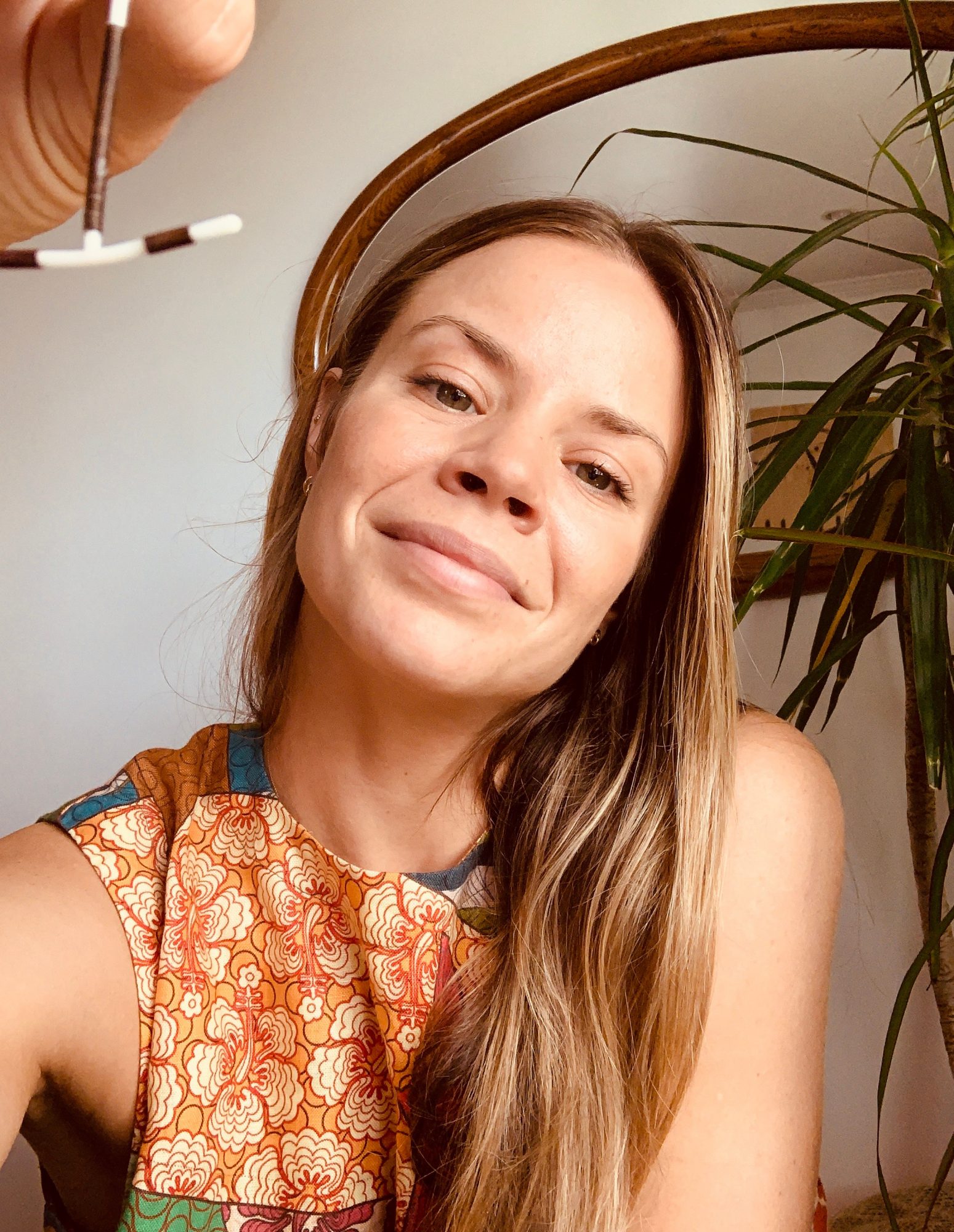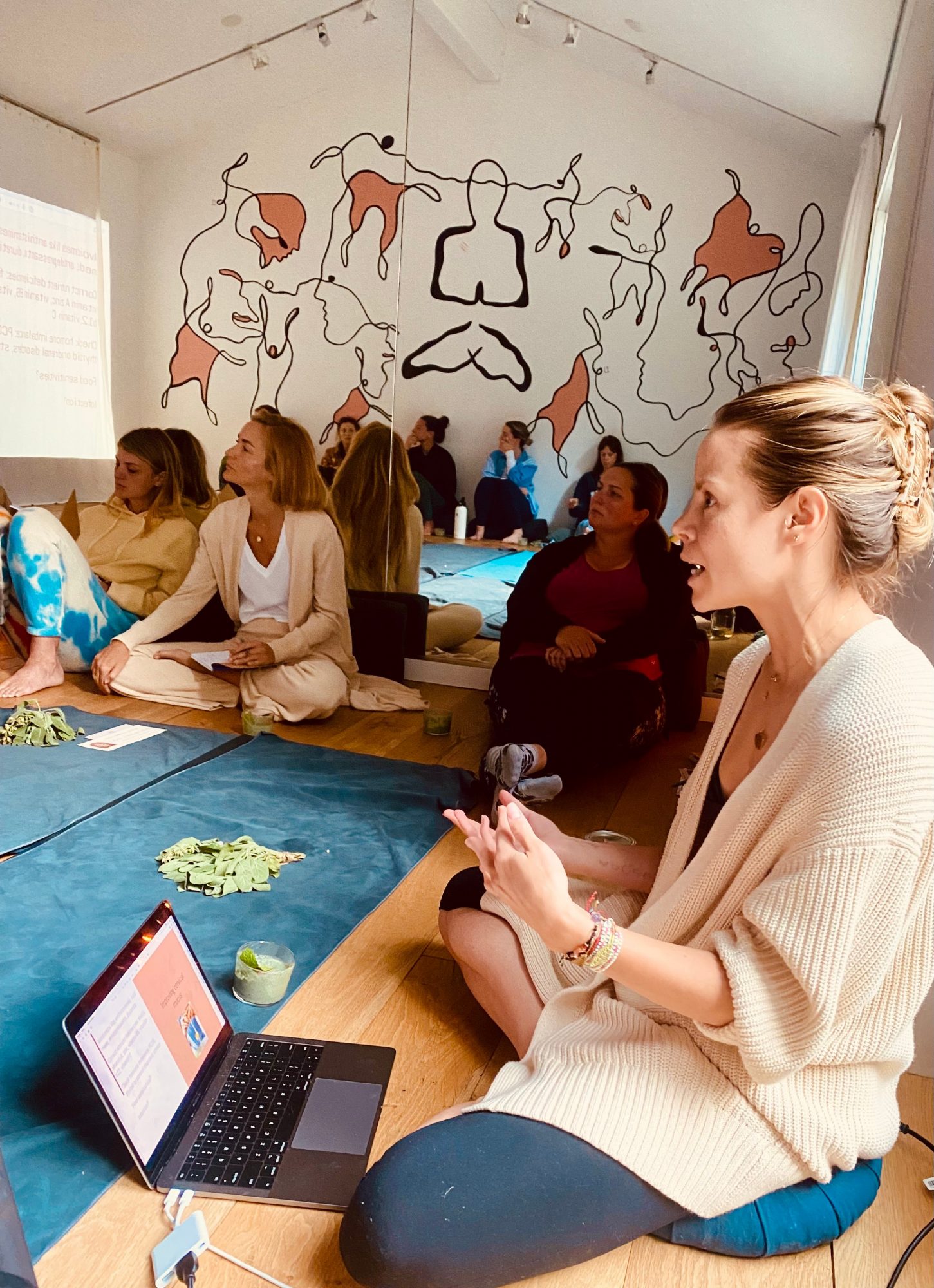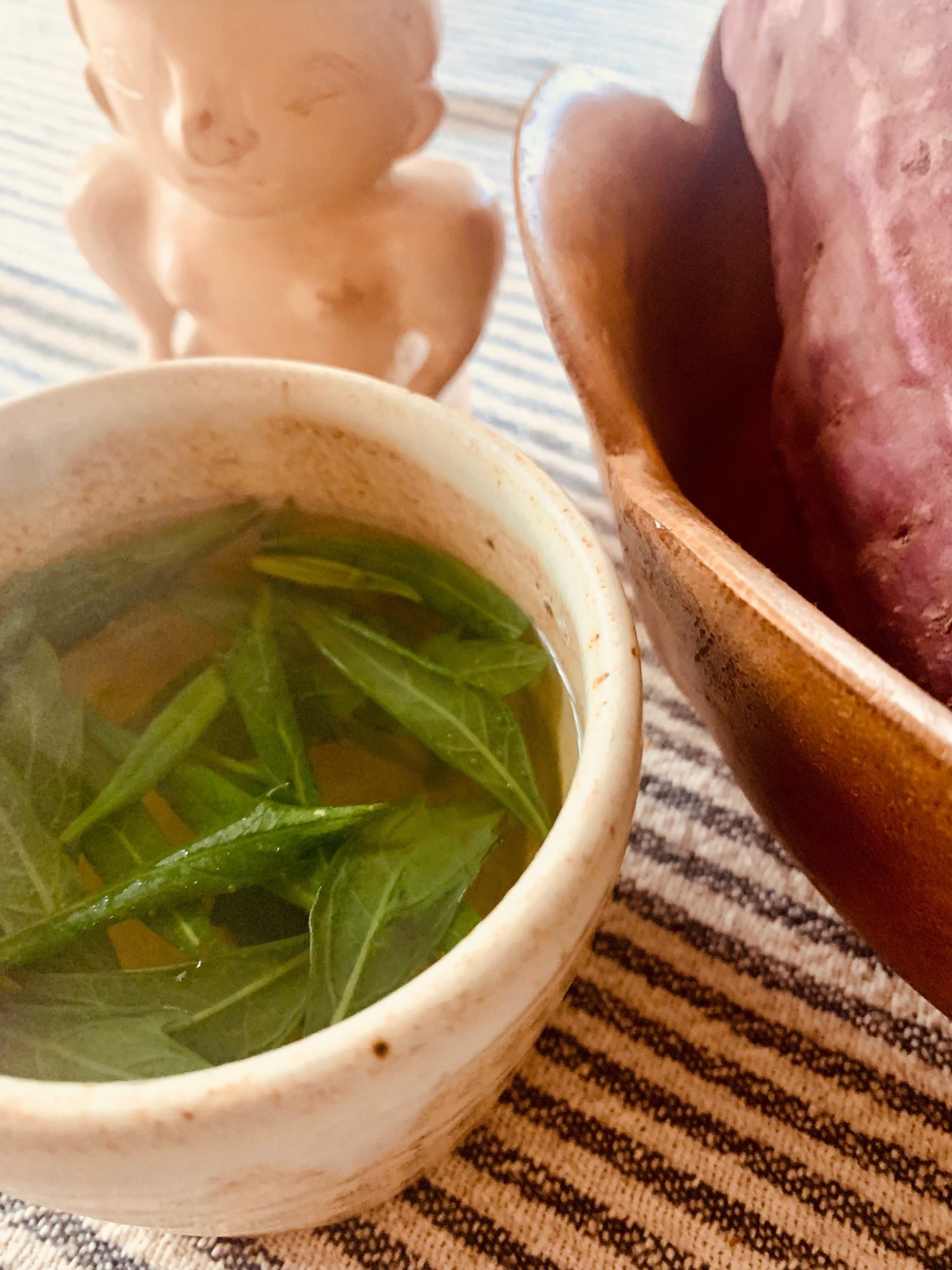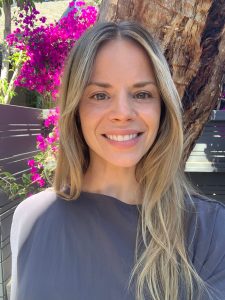
Today we’d like to introduce you to Stephanie Colantonio.
Hi Stephanie, can you start by introducing yourself? We’d love to learn more about how you got to where you are today?
My path has been a nonlinear one!
In university, I studied psychology and pre-med, though I was never 100% sure which direction I would choose. I loved learning about the brain and behavior. After college, I worked at an autism research center for a couple of years where I saw the pediatricians doing really cool work, so I thought okay I’ll go to medical school.
I started out in conventional medicine as a pediatrician with plans to be a child neurologist. Once my fellowship training started, I realized how burned out and unhappy I was. I would periodically reread my personal statements to figure out how I got there. A common theme ran through – a curiosity for the mind-body-heart connection. The rigid confines of conventional medicine didn’t really allow for that kind of exploration.
During my training, I started to turn to integrative and holistic care to help manage stress, migraines, burnout, and menstrual pain. Much of this was foreign to me, having grown up in the Northeast where conventional medicine dominated the culture of healthcare. Yet acupuncture, therapy, and plant medicine all supported me in healing physical and emotional pains in a way I never experienced before. Working with the plants especially opened my eyes to the power of healing, not just treating.
When I finished residency, I worked as a general pediatrician, but I was missing the passion. I felt misaligned and like an outsider. I approached my own health with integrative care and wanted to do the same for my patients.
I had plans to move from LA soon after the pandemic started. Once I left, I took significant time off. It was so important to have that stillness and quiet to reflect on what I wanted to do and who I wanted to serve. Of my patients at the pediatrics clinic, the ones I felt like I helped the most were the young women with issues like menstrual concerns or mental health challenges. Personally, I experienced my own difficult journey with contraception – pills, rings, IUDs, etc. I also had an abortion when I was 16 years old, so reproductive health was always near to my heart. It would have meant so much to me to have had someone acknowledge and support me through the fear and shame I felt then. I realized that I wanted to offer women and girls the type of holistic medicine that I care for myself with.
So I talked to other doctors who were traveling a less conventional path. I joined a mentorship group led by a wonderful physician named Dr. Pamela Wible. In the group, I learned the nuts and bolts of starting a practice. Finding a space, creating a website. I pursued certifications in herbalism with Marysia Miernowska (such an inspiring woman!) and teaching mindfulness meditation. I feel much more connected and aligned with the work I’m doing now.
I’m sure you wouldn’t say it’s been obstacle free, but so far would you say the journey have been a fairly smooth road?
It has felt like a bumpy road. Medical school and residency alone can feel like a roller coaster. Leaving child neurology was the first time I ever really quit anything, which was scary. When I decided to transition to integrative medicine, I felt a sigh of relief. My soul was like ahh, finally! But that also brought fear – of the unknown, being different, and judgment. But it also felt like I didn’t have a choice, I had to do it. Typically, medicine offers a linear career path – go to school, finish post-graduate training, and get a job. Straying away from that control felt unsettling.
Then of course there are the bumps of starting a small business. I have never been business-minded. In university, I spent a summer abroad in Spain. I thought I’m going to be a doctor who lives on an island and provides care based on a bartering system. I’ll treat your menstrual pain, and you bring me a dozen eggs kind of thing. Which just doesn’t work in the world we live in. So I had to learn from the beginning with that. I’m still learning. Getting the word out about my services and how I work differently from other doctors has also been a challenge.
Appreciate you sharing that. What else should we know about what you do?
I’m a board-certified medical doctor who offers integrative, holistic care with a special interest and passion for reproductive health. I mostly work with young adults and adolescents, though I see a range of ages. I offer medical care as well as health mentorship.
My goal is to approach each person as a whole being and to help them connect to the wisdom of their bodies by slowing down and listening to what they need. During medical visits, we thoroughly review a person’s history, their current concerns – addressing the physical, emotional, mental, and spiritual. Treatment plans incorporate herbal therapy, mind-body medicine, supplements, and suggestions for lifestyle factors like nutrition, sleep, and stress. As an herbal apprentice, the botanical therapy is so fun to include – and effective! People are really interested in turning back to earth-based practices. My herbal training is rooted in the Wise Woman Tradition of Healing, which is all about nourishing the body and trusting in its ability to heal. That isn’t to say that we never use medications. We do, however, we don’t use them as bandaids or quick fixes when there is something that treats the root of a problem.
I also offer the medication abortion, which has felt so important to be able to do in a holistic way. It has been beautiful to ingrate the conventional treatment of pills with botanical support and spirituality if those things are important to a patient. By developing genuine, personal connections, people feel safe to reach out to me for emotional and physical support.
Separate from medical visits, I offer mentorship. These visits give us an opportunity to devote more time to emotional, behavioral, spiritual, and energetic concerns. It’s all based on what the client is most interested in. Education plays a big role. For example, there are some people who want to learn more about the herbs, mindfulness meditation practices, nutrition, living in harmony with their menstrual cycle. Some folks are interested in learning to use fertility awareness as contraception. There’s quite a range of what people want and need.
What quality or characteristic do you feel is most important to your success?
A quality of presence is most important to the work I do. Being present with a person and meeting them where they’re at is one of the most helpful things I can do. I recently completed a 2-year teacher certification in mindfulness meditation. My initial intention in participating in the course was to share the practice with those who feel they could benefit from it and are interested in learning about it. As time went on, I noticed that as my own mindfulness practice grew, I was more present while working with patients. Through a stronger awareness of my own experience, I can offer more presence to those who I’m sitting with.
Contact Info:
- Website: colantoniomd.com
- Instagram: www.instagram.com/colantoniomd
- Facebook: www.facebook.com/stephaniecolantonioMD
- Yelp: www.yelp.com/biz/stephanie-colantonio-md-los-angeles
